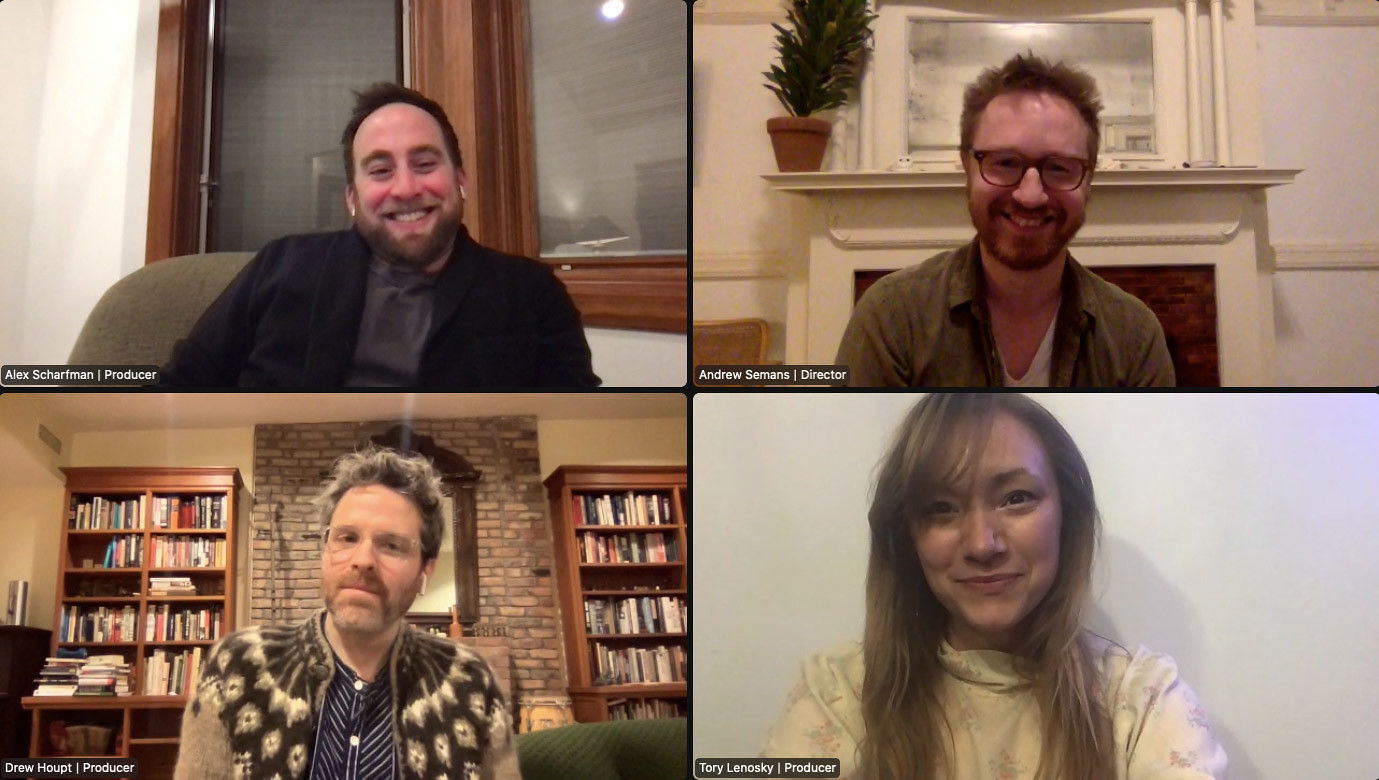By Katie Small
Taking an unsettling look at the consequences of emotional manipulation and codependent relationships, Resurrection mixes magical realism and horror to unnerving effect. The film stars Sundance Film Festival alum Rebecca Hall in the role of an emotionally distressed mother bent on protecting her children from harm.
After an ex-lover (played by fellow Festival alum Tim Roth) reappears in her life with insidious intentions, Margaret (Hall) finds herself being pushed to extreme limits that test her “kindness” and ability to be a good mother to her 18-year-old daughter Abbie. Motherhood is a key facet of Margaret’s personal identity, one that she has carefully cultivated while juggling single parenthood and building a successful career.
Margaret desperately tries to shield Abbie from the horrors of her past, but her obsessive maternal instincts quickly become “suffocating;” she unintentionally pushes her daughter away, leaving Margaret alone to face her tormentor. Hall’s magnetic lead performance — including an intense seven-minute monologue — lends a haunting presence to this surreal psychological thriller.
Writer-director Andrew Seamans’ script made the “blacklist” of highly rated unproduced screenplays; in the post-premiere Q&A, he was joined by producers Drew Houpt, Tory Lenosky, and Alex Scharfman in discussing the film’s trajectory. “With Rebecca’s character, she’s ferocious — she’s always trying to find a way to assert control, find a way to master the circumstance, figure out a way to not be in a position of victimization, a way to solve her strange, threatening, terrifying circumstance,” Seamans says. “Rebecca is such a primal force that she would bring that sense of desperation and passion and aggression to every scene.”
When speaking to his film’s bizarre, tidy, and intentionally-ambiguous ending, Seamans says, “Because the ending is impossible — it is quite possibly a fantasy, we don’t know — it’s a very unstable ending and not entirely trustworthy, and I think that suggests that the truth of the matter, of what might have happened to this character, is more tragic than we’re seeing on screen.”







